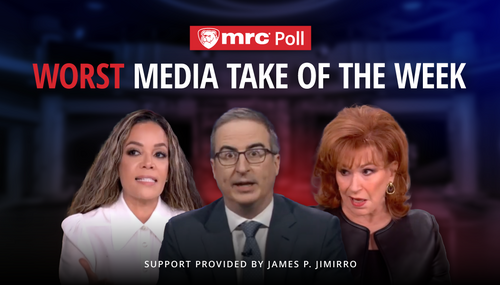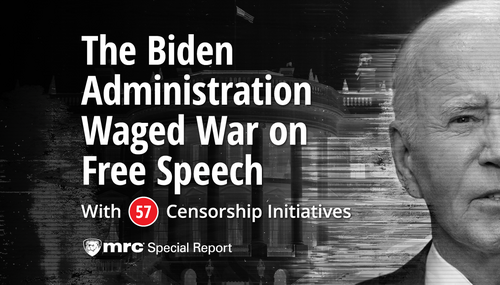The "mildly Islamist" party that won a plurality of votes in recent Tunisian elections is not a troubling sign, nor is the possibility that Egypt and Libya may be moving in an Islamist direction post-Qadhafi and Mubarak, Reza Aslan argued in a Sunday "Guest Voices" piece for WashingtonPost.com's "On Faith" section (emphases mine)
[B]efore we give in to our inner Glenn Beck, let’s get a few things straight. First of all, the prospect of any of these countries transforming into another Islamic Republic of Iran is almost nil. It should be noted that Ennahda, which models itself after Turkey’s enormously successful Justice and Development (AK) Party, has repeatedly said it has no desire to impose sharia-inspired penal codes on Tunisia. Indeed, it is already in talks with liberal and secular parties about forming a coalition government. In Egypt, the influence of the Muslim Brotherhood has certainly increased, but it in no way dominates the political landscape of the country. On the contrary, the Muslim Brotherhood has yet to poll beyond 20 percent in any pre-election survey. In any case, like the Ennahda, the Muslim Brotherhood has also sworn off imposing a conservative interpretation of sharia law, which, according to Egypt’s current constitution, is already the basis of the country’s laws.
That leaves Libya as the only post-revolutionary country in which the transitional government has explicitly called for implementing sharia. I would venture to say that Jalil’s announcement has widespread support across Libya. The country is predominantly Muslim and it can be expected that, given the freedom of an option, the majority of the population will opt for a far greater role for religion in government than what was allowed under Gaddafi. As I have written before in these pages, that is not in and of itself a bad thing.
For generations, the dictatorial regimes in Tunisia, Egypt and Libya violently repressed any hint of religious opposition. With the dictators gone, it is only natural for the proverbial pendulum to swing toward a greater role for religion in society. It will take many years of dialogue and debate, trial and error, for these societies to come to a comfortable accommodation between the religious faith of their majority populations and the necessary requirements for a stable and modern democracy. (Remember, the United States has had a 250-year head start and we are still grappling with the role of religion in our government and society). Those are precisely the kinds of public debates we want people in the region to have.
[...]
As Harvard Law Professor Noah Feldman notes in The Rise and Fall of the Islamic State , for a great many Muslims living in countries where the law rests upon the whims of a dictator, sharia is merely code for “rule of law.” Sharia means that there is something written down and codified that can be relied upon by all citizens as a concrete expression of what is and what is not permissible. Further, for many of these newly free populations, sharia is a less a legal code than it is a form of identity, a means of espousing particular values and norms that were conspicuously absent during the corrupt and inept regimes of their ousted dictators.




